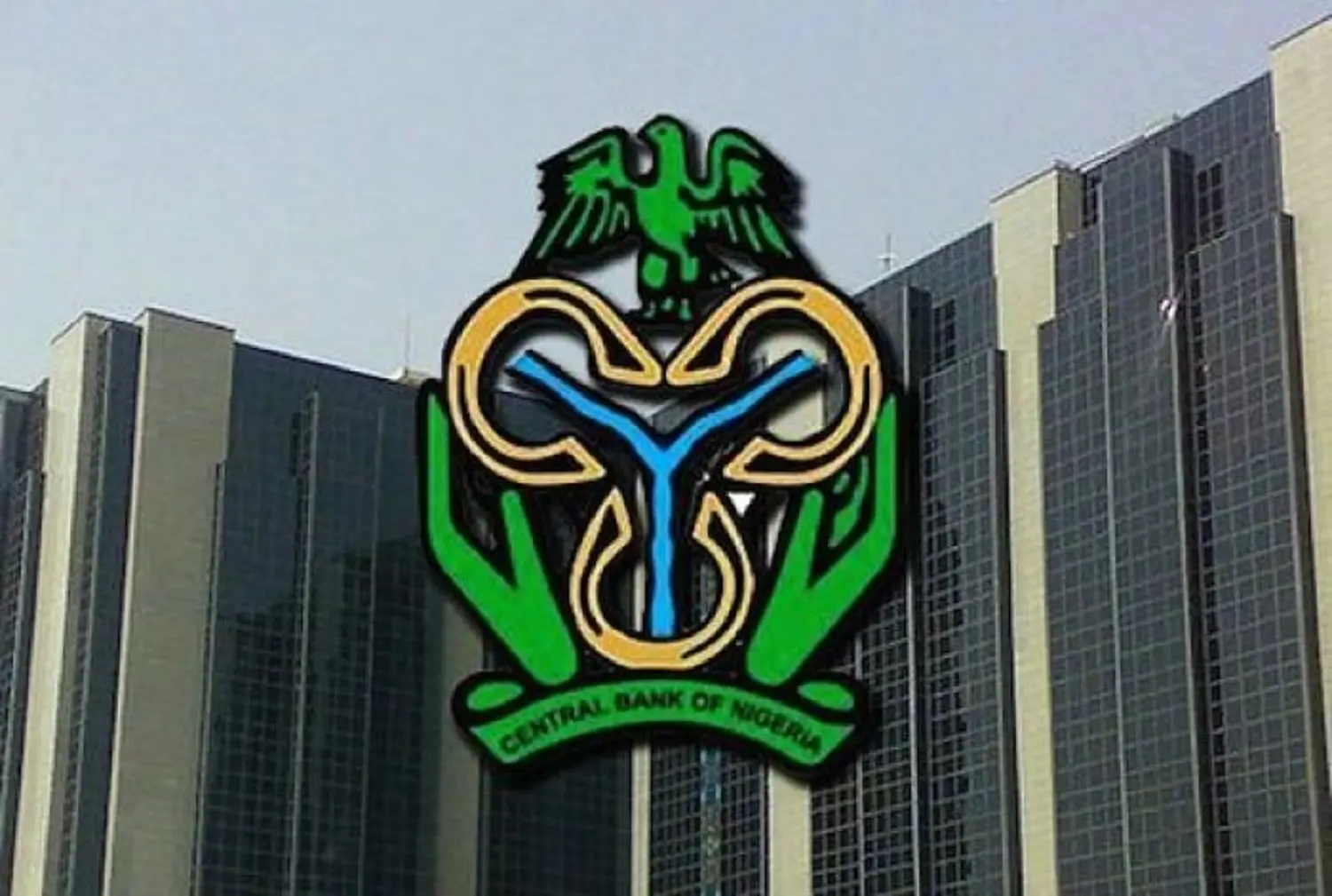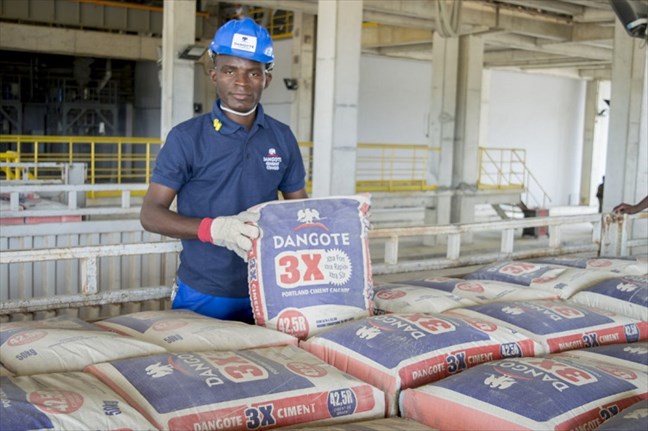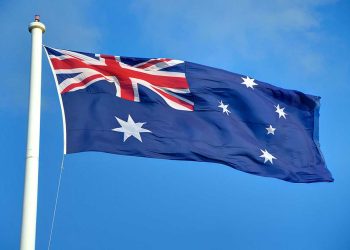According to statistics, rising bread prices are a major contributor to Nigeria’s skyrocketing inflation.
According to the National Bureau of Statistics’ (NBS) consumer price index (CPI) report for December 2022, higher prices for bread are one cause of rising food prices in Nigeria.
The CPI and Inflation Report shows that the annual food inflation rate was 23.75% in December 2022, up from 17.37% the year before.
Additionally, food inflation in December was 1.89%, which was 0.49 percentage points higher than the food inflation rate in November 2022 (1.40%).
According to the NBS, the rising cost of staple foods like bread, potatoes, yams, fish, oil, and cereals is a major contributor to inflation.
Bread and cereals, oil and fat, potatoes and other tubers, yams, fish, food products, etc. all saw price increases, which contributed to overall food inflation.
The price of essential ingredients continues to rise.
Mrs. Okafor, a caterer, recently shared with news men that the price of bread-making ingredients like flour, sugar, and milk has been on the rise since 2022.
Costlier wheat imports as a result of the conflict between Russia and Ukraine and Nigeria’s foreign exchange woes are the primary cause of the hike.
Because of Nigeria’s position as the world’s second-largest importer of wheat, small and large bakeries alike face challenges maintaining profitability without raising the price of bread, a staple food for many Nigerian families.
She claims that consumers are upset about the recent increase in the price of bread, particularly the N1000 or N900 per loaf family loaves.
Mrs. Okafor, who lives in Lagos, broke down the average prices of large quantities of flour, sugar, and milk, which are crucial ingredients in bread making.
N30,000 to N32,000 for a 50-kilogram bag of flour
between N32,000 and N34,000 for a 50-kilogram bag of milk
The price of a 50-kilogram bag of sugar ranges from N34,000-N37,000.
FQ Loaf’s production costs are representative of the difficulty bakeries face.
Manager of Abuja’s FQ Loaf Bakery, Ada Abel, told reporters that rising food prices are just one of many challenges facing the company.
She claims that the bakery offers a number of different items, but that the Jumbo loaf and the Family loaf are the most frequently purchased.
Related News
There are more than 40 Jumbo loaves in a batch, and the average cost per loaf is N700. The majority of the baking process is done with a diesel generator.
However, there are more than 70 loaves in a batch, and the average price per unit is N650.
In most cases, the additional cost of one loaf of bread per batch is less than the risks actually encountered by the bakery.
The company takes full responsibility for this and similar dangers, such as spoiled bread during distribution.
Diesel costs N880 per liter, and the bakery has to use the diesel generator for the entirety of the production process, which can take up to an hour.
Ms. Abel claims that the distribution chain from bakery to distributors to table toppers (retailers) to consumers consists of three stages.
To ensure that everyone involved in the bread’s distribution makes a profit, extra cash is added at each stop along the way.
The bakery must pay N5,000 per employee every two years for food handling tests and pay over 15 levies to the local government council and the public health cadet program.
The Public Health Act mandates quarterly inspections, at a cost of N3,500 per employee and a certificate fee of N30,000.
As examples, she mentioned the National Agency for Food and Drug Administration and Control’s price hikes and the Abuja Municipal Area Council’s (AMAC) inspections of local businesses (NAFDAC).
For the record, the annual rate of increase in food prices was highest in Kwara (27.90%), Imo (26.94%), and Ebonyi (26.28%) in December 2022, according to the NBS inflation report cited earlier; the rate of increase was lowest in Sokoto (20.90%), Taraba (21.59%), and Cross River (21.71%).
In contrast, food price inflation was highest in Sokoto (3.38%), Oyo (3.10%), and Kaduna (2.97%) in December 2022, while it was lowest in Nasarawa (0.06%), Osun (0.70%), and Kogi (0.76%).













